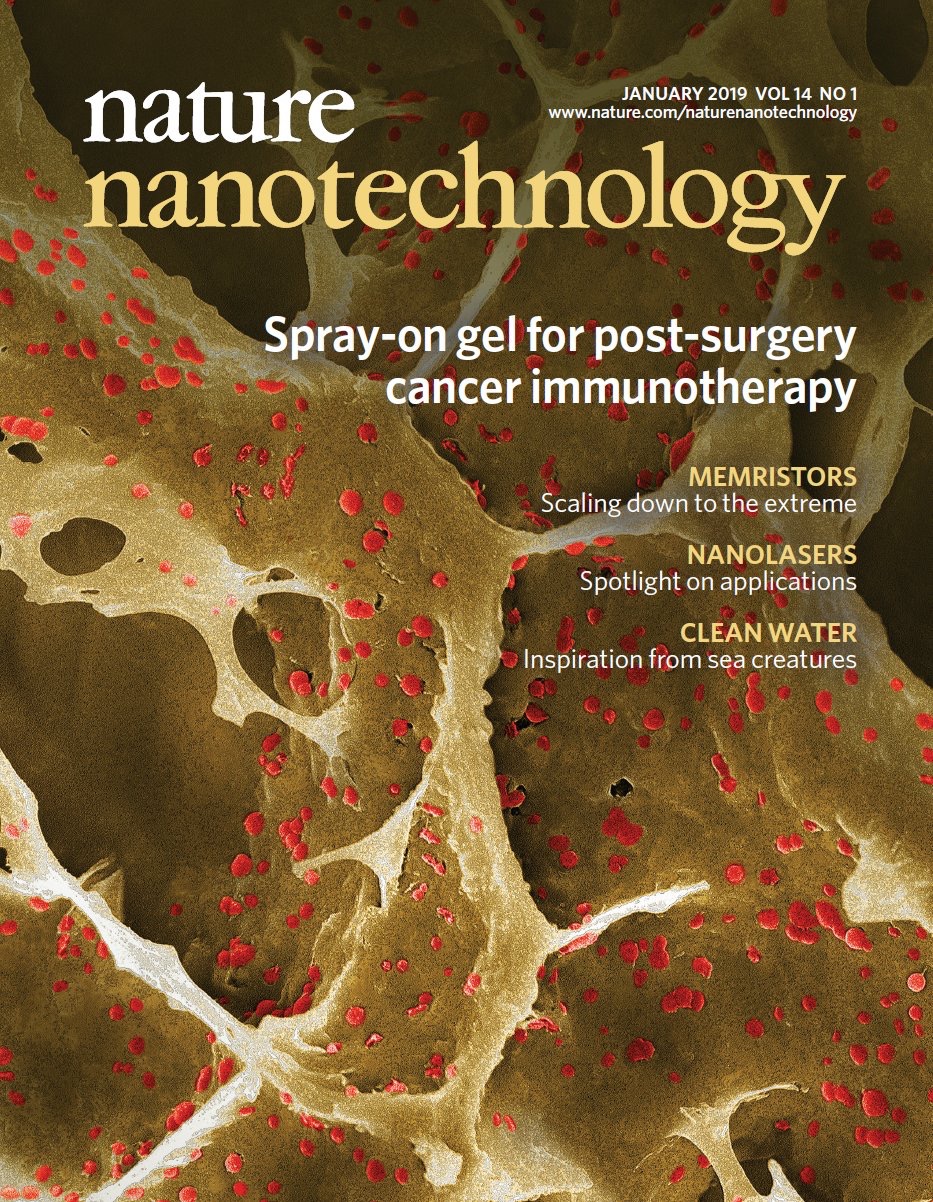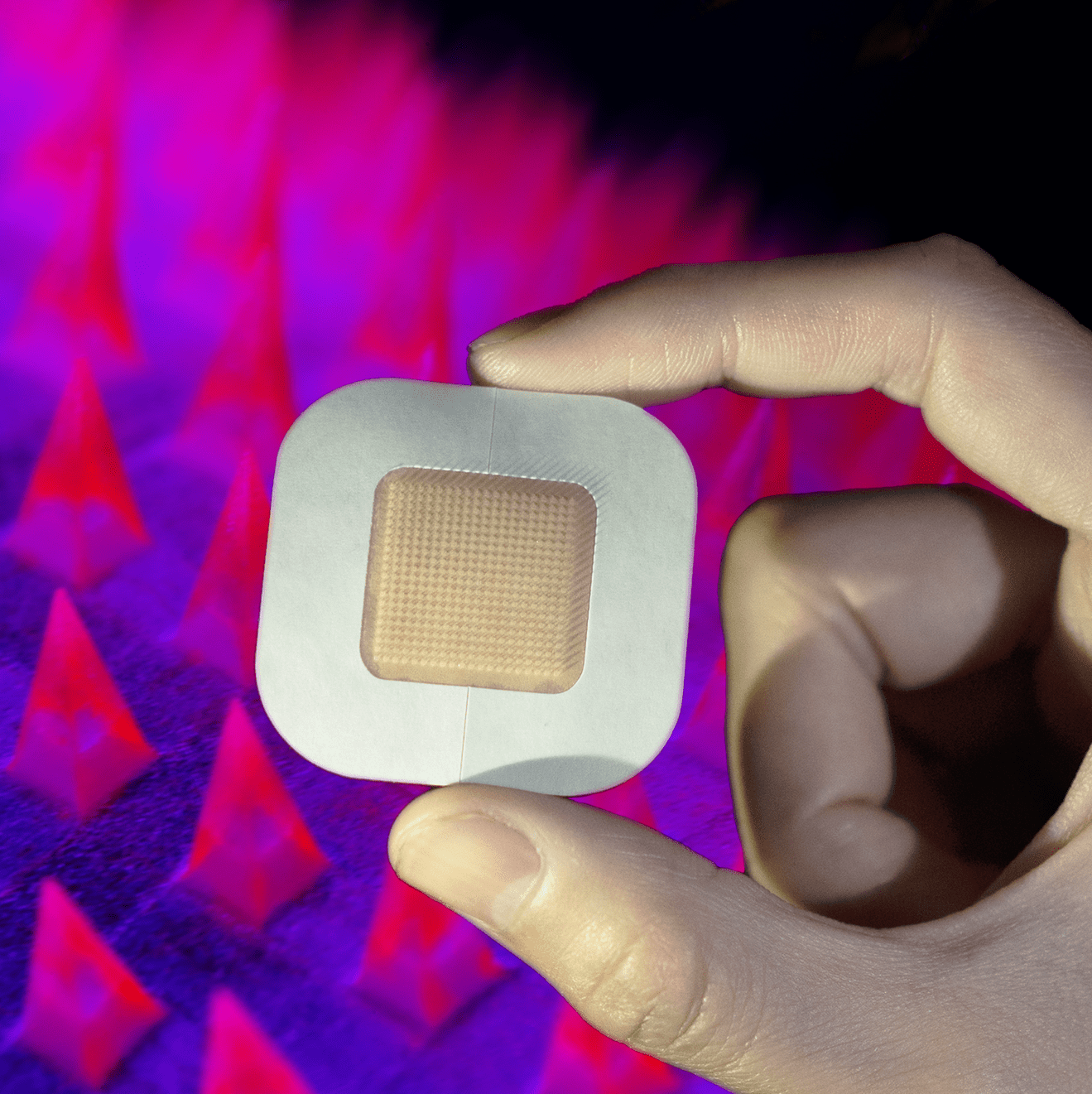
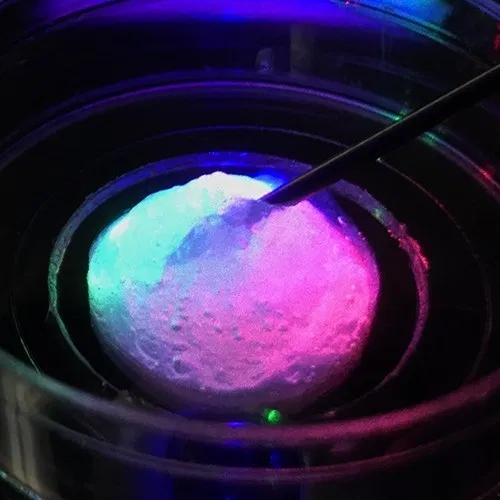
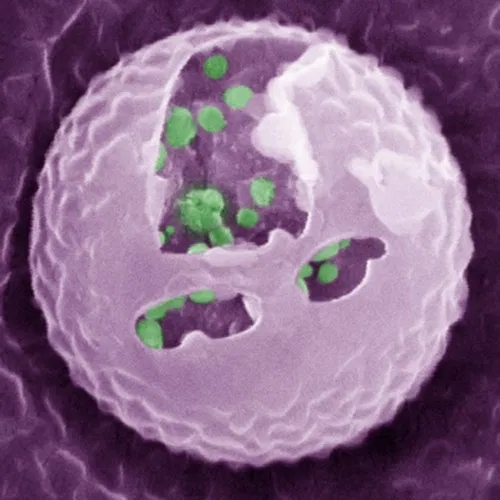
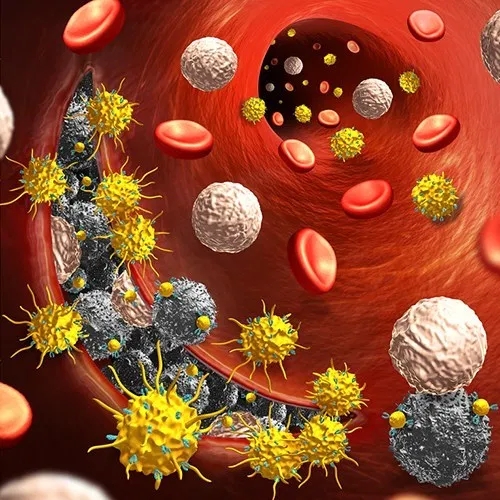
About Gu Research Group
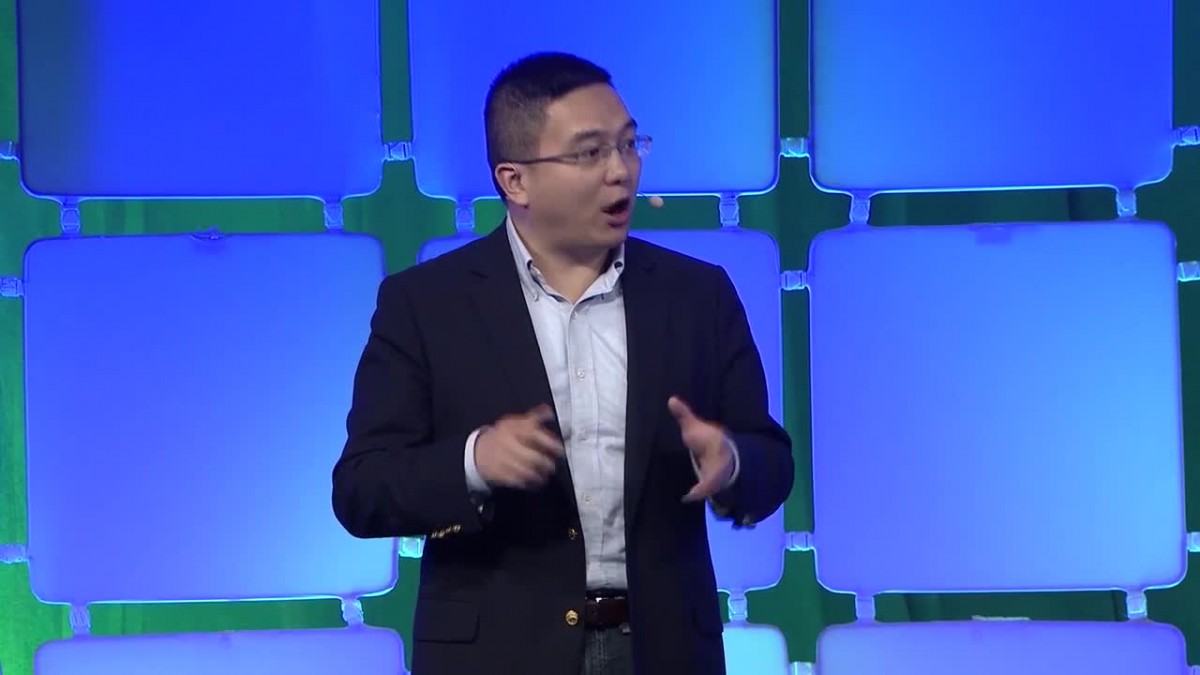
As a TR35 Innovator, Dr. Zhen Gu was introducing "Smart Insulin Patch" during EmTech by MIT Technology Reviews, 2015
Latest news
Latest Cover Paper/Publications

